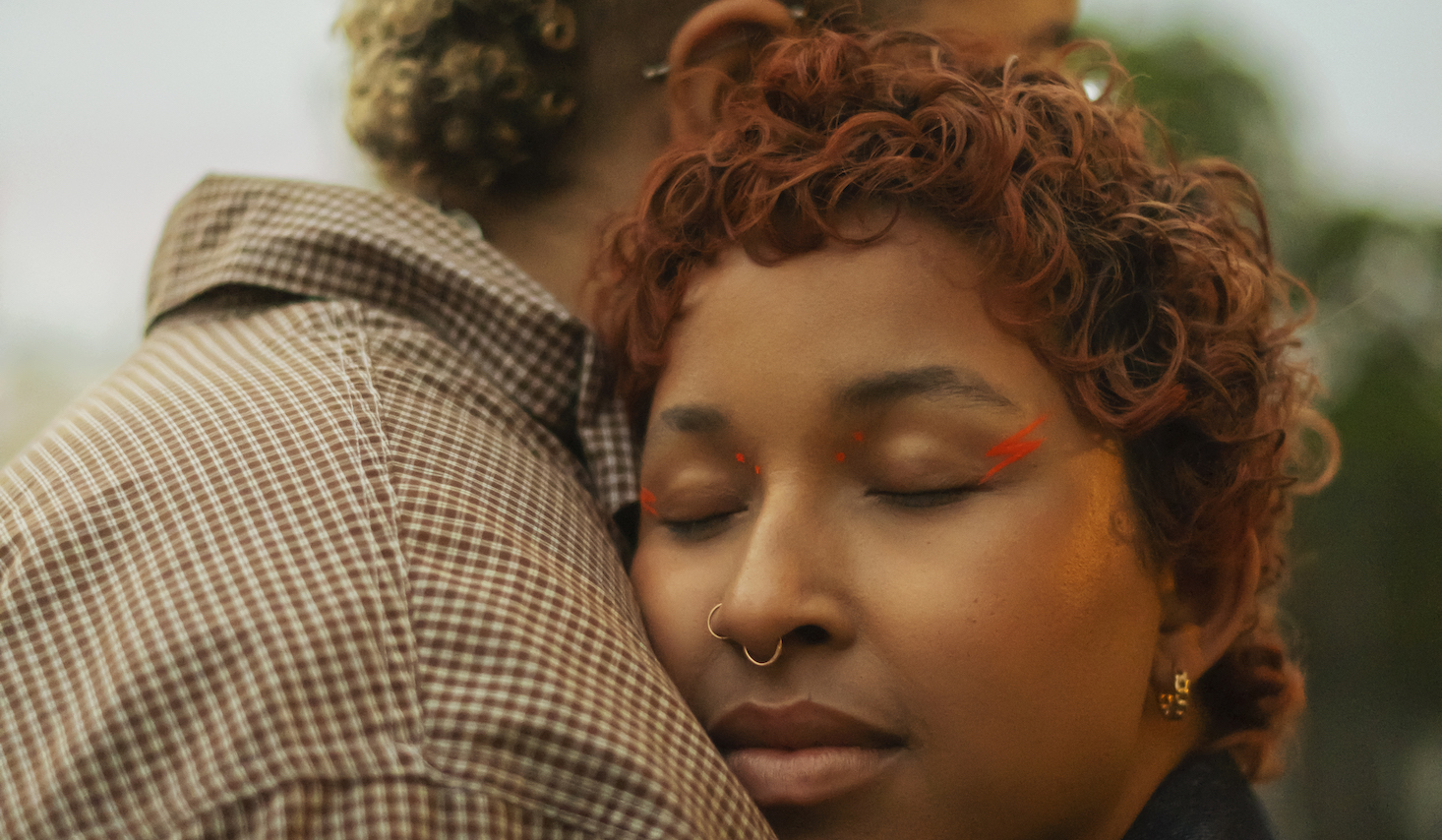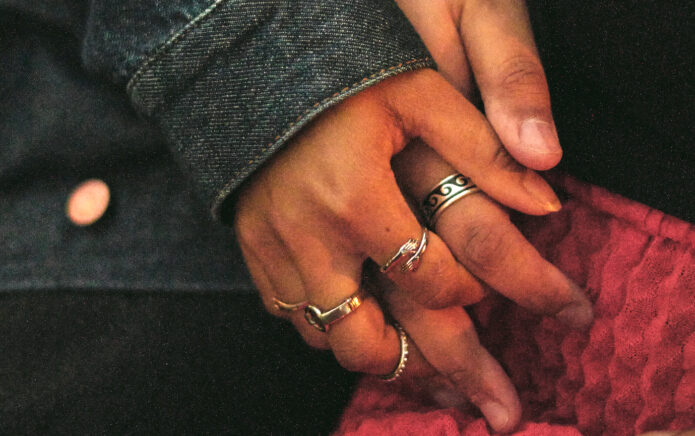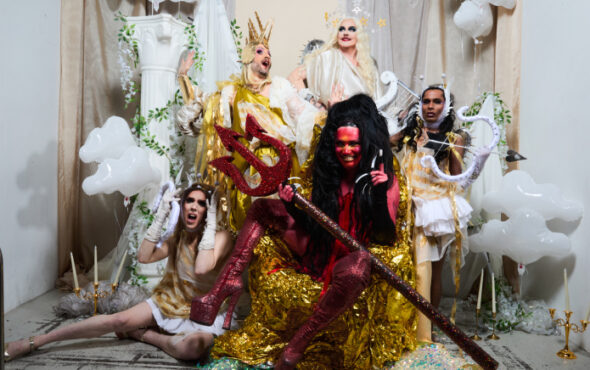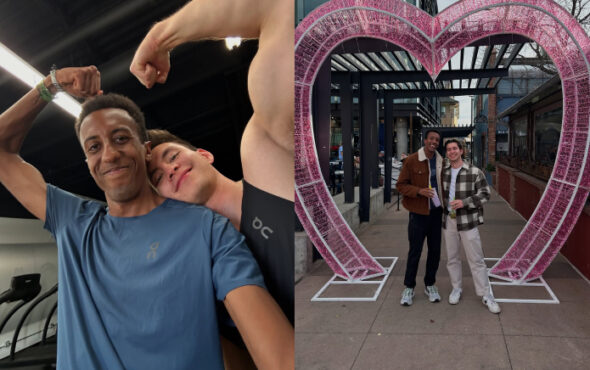
Coming out is a rite of passage for many LGBTQIA+ people. Some don’t feel the need to make a big song and dance of it – it can be as simple as saying two words in passing – or even come out at all, but most of us will do it at least once.
When I came out as queer, it was very nonchalant, and completely unplanned. It was the 24th of January 2022 – the day I started dating my then-partner. I simply got into the car after school and, when my mum asked about my day, I told her: “I’m gay.” She smiled, looking back at me in the mirror, and replied: “I don’t care what you are, as long as you’re happy”.
That moment had me feeling like I could do anything. Like I could be anything. Because with her by my side, I was unstoppable.
Fast-forward to the 28th of April, 2023. The day I got my deed poll signed. As I emerged that day with a new name, I felt like a new me. At 17, I was legally allowed to do it on my own, but my mum wasn’t happy. She knew I was trans – it’s not like I had tried to hide it – but apparently changing my name was the last straw.
As far as I knew, she didn’t have a deep connection to my deadname, but still I was faced with cold glances, short, flat conversations, awkward silences. After about a week, I brought it up again, and received only a pursed lip, and a bemused “mm-hm”, before she went about getting ready for work. Suddenly, I felt small again. Like without my mum, I was nothing. It seemed like I had to make a choice: be myself, or have my mum’s approval.
I’m not alone. In fact, research from Just Like Us found that only 57% of transgender and non-binary young adults thought that their parents or carers would accept their identities, and that they were the least confident of all LGBTQIA+ identities that they would be accepted.
My situation was not ideal, but I knew I was more fortunate than some. Though she’d made her dislike of my actions clear, my mum still put a roof over my head and food on the table. I still had a place to call home. Sadly, many young trans people can’t say the same.
In mid 2024, I spent a few days with a friend to celebrate a mutual friend’s birthday. Both of them also happen to be trans.
Going out and enjoying my first taste of the nightlife with a group of out-and-proud queer people, it was liberating. Though overwhelming at times, the club atmosphere was electric, and it brought out a new side of me that I didn’t even know existed.
Revitalised by a couple of nights away from the usual humdrum of my life, I came home with a new attitude. I started to be more assertive – I am who I am, and I’m not hiding that for another second.
A few weeks later, my trans friend came up in conversation with my mum, and her partner asked what sex my friend was assigned at birth. Not only was the question invasive, but for trans and non-binary people, asking about their assigned sex can be incredibly damaging, and even invalidate their identity. It implies that they’ll always be what they were born as, and not how they identify.
But, before I even had a chance to glance at my mum, she replied, matter-of-factly, “it doesn’t matter what he was born as; we call him a boy, because that’s what he is”.
My heart immediately started to swell with pride – it felt like I was watching a child take their first steps. It was at that moment that I knew it wasn’t too late for things to change.
Now, another six months or so later, my relationship with my mum is the strongest it’s ever been. We’ve had frank conversations about my transition plans, and she’ll refer to me correctly even when talking to total strangers. There’s still the occasional slip-up – using my deadname or the wrong pronouns – but we move past it because it’s still early days, and what matters is that she’s trying.
So, for those who think their parents or carers cannot change, or will never accept their LGBTQIA+ identity, take my advice: it’s never too late to get someone out of their box, and the old adage certainly proves untrue: a leopard really can change its spots.
Teddy is an ambassador for Just Like Us, the LGBT+ young people’s charity. Just Like Us’ LGBT+ Guide for Parents is out now.


